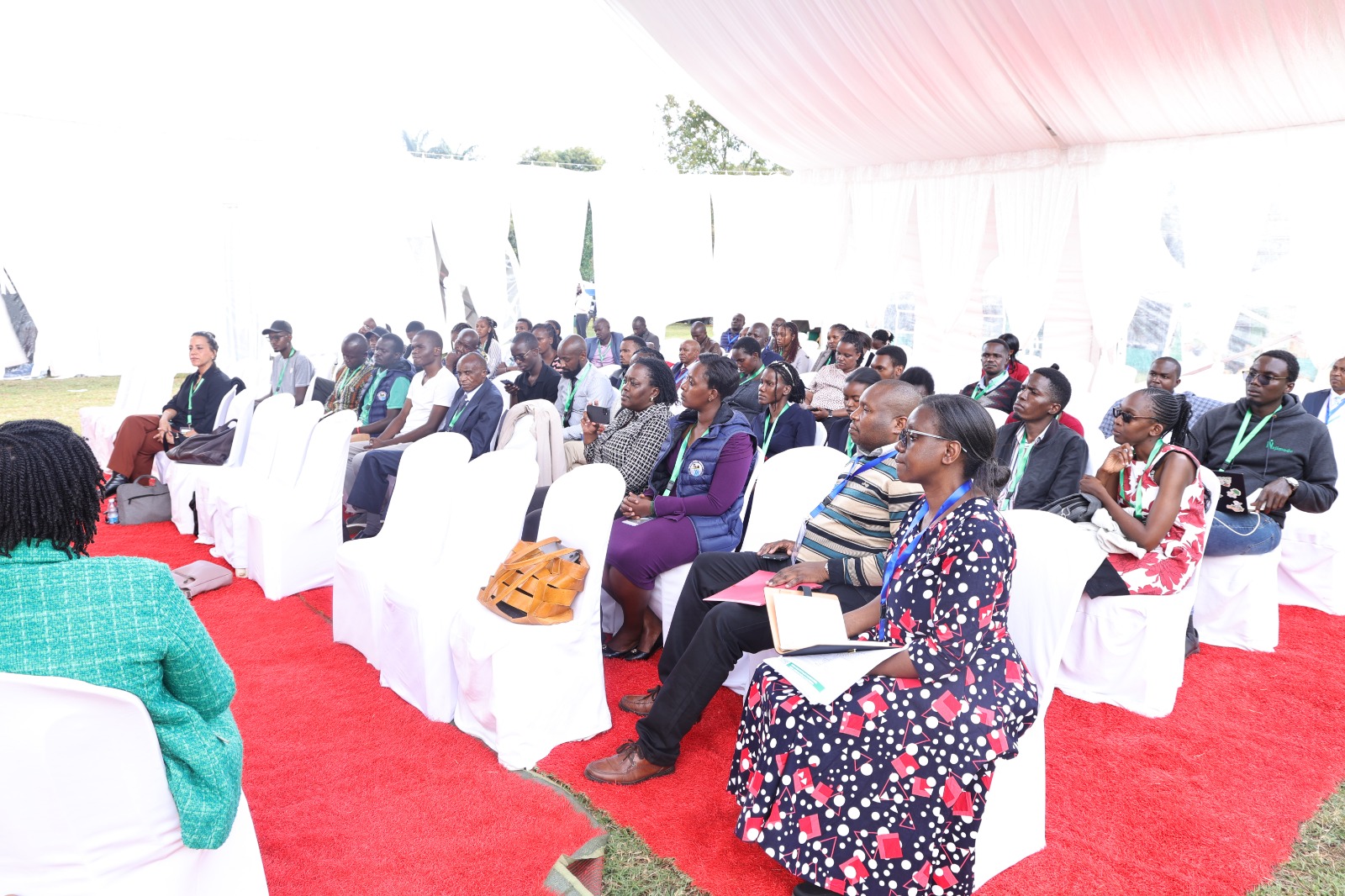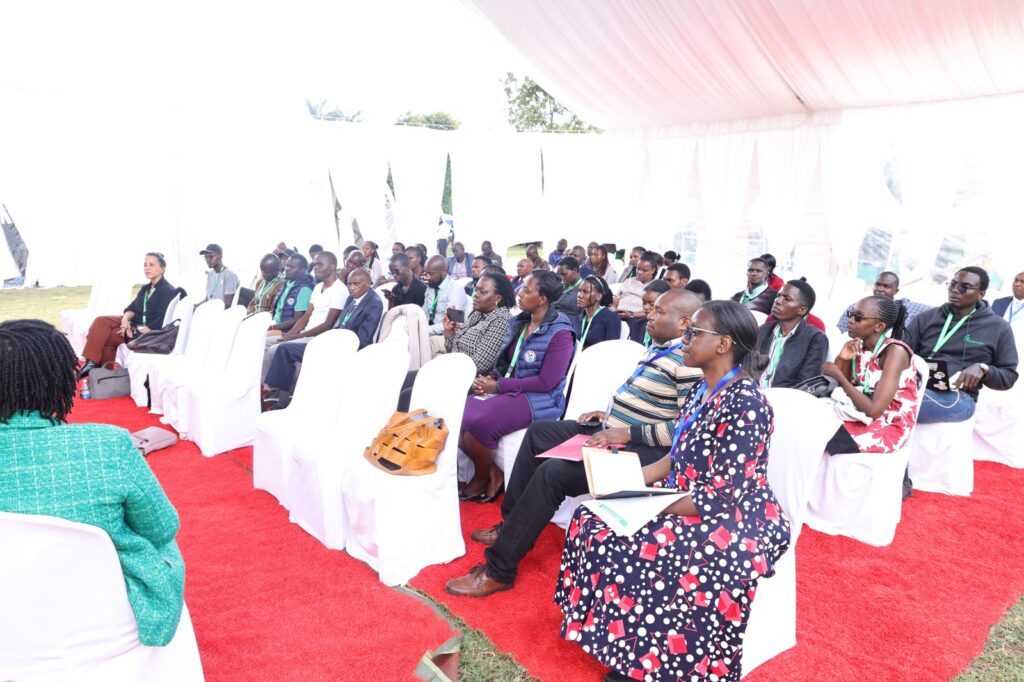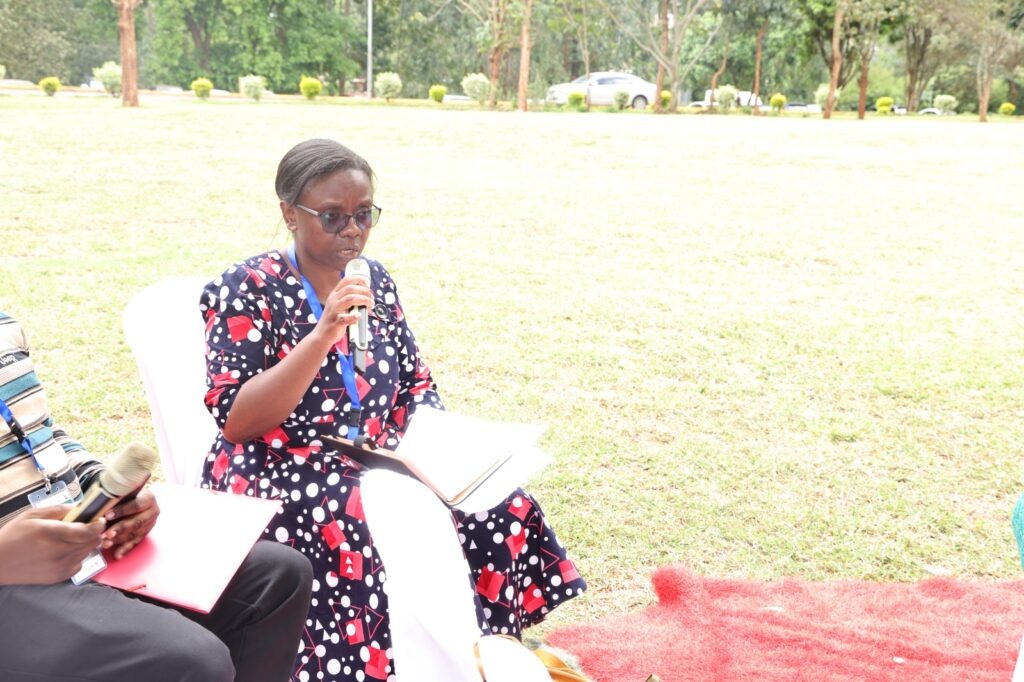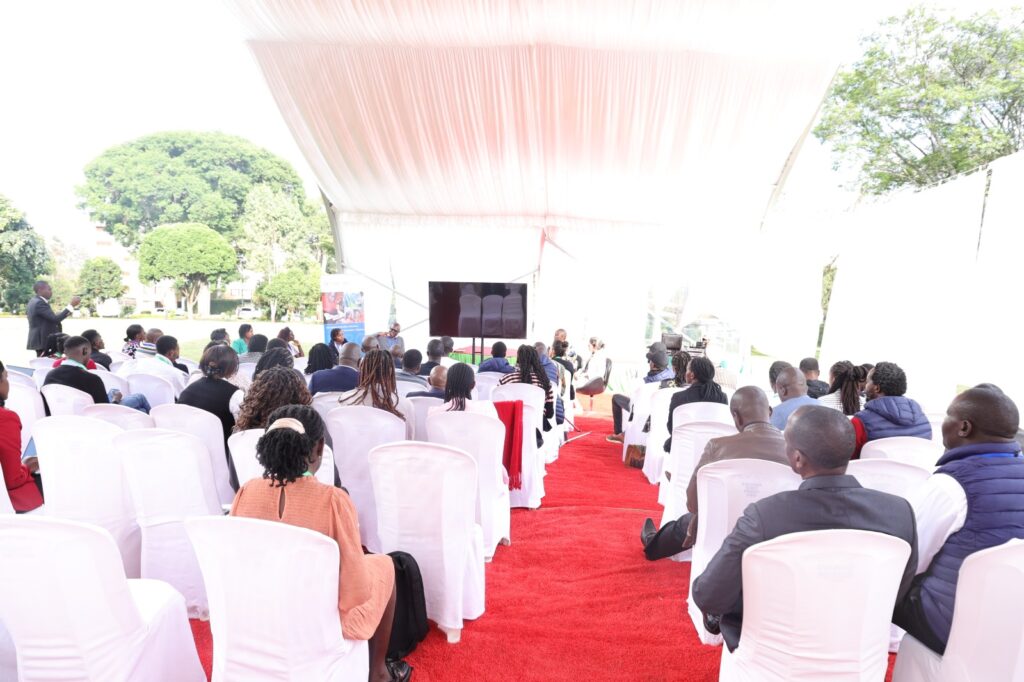
Equitable partnerships and institutionalization of research: highlights from CLARE at the Nairobi Climate Action Summit
/
Supporting equitable partnerships and institutionalization of research enables sustainable and socially inclusive climate resilience, as demonstrated at a CLARE session at the Nairobi Climate Action Summit.
The Nairobi Climate Action Summit took place from October 28 to 30, 2025 at the Kenya School of Government. The Summit served as a platform for accelerating the transition from climate policy to implementation, fostering multi-stakeholder collaboration to deliver scalable solutions. The Summit brought together an array of stakeholders to strengthen governance, mobilize investments, and showcase Kenya’s leadership in driving equitable, climate-resilient development.
As part of the Summit, a CLARE session on “Equitable partnerships and institutionalization of research for climate adaptation and resilience” brought together CLARE projects in Kenya to share lessons and demonstrate the impact of their work on the ground with state and non-state actors.



Highlights from the CLARE session
Across the CLARE research portfolio, project teams undertake equitable partnerships with actors along the climate value chain, from researchers to policy makers and practitioners. By building relationships with stakeholders such as government agencies and NGOs into the design of research projects, and prioritizing these partnerships throughout project life cycles, CLARE projects support the institutionalization of climate research. In turn, the institutionalization of research enables better uptake of findings, positioning the research for its intended impact: to strengthen the climate adaptation and resilience of communities in Africa and Asia-Pacific.
The session brought together representatives of four CLARE projects in Kenya: BIMA, Tuwe Pamoja, HERCS, and Urban TRACs, as well as the non-CLARE project Step Change. The speakers shared real project impacts on the ground, from climate adaptation solutions being adopted to policies supported that increased the resilience of countries, systems, and communities most vulnerable to the effects of climate change.
Speakers at the CLARE session included:
- Dr. Bessy Kathambi, University of Nairobi (Tuwe Pamoja project)
- Esperanza Karaho, SouthSouthNorth (Step Change)
- Dr. Anne Khisa, Center for Humanitarian Change (HERCS project)
- Dr. Caroline King-Okumu, University of East Anglia
- Milka Korir, SDI-Kenya (Urban TRACs project)
- Dr. Francis Oremo, University of Nairobi (BIMA project)
As the session showed, project partners in Kenya are contributing towards government plans, policies, and strategies to better integrate adaptation, improve climate resilient pathways, and support adaptation solutions – such as tools, data, technologies, models, and approaches – that are currently being adopted by organizations, institutions, and communities.

Discover examples of how three CLARE projects in Kenya are working with state and non-state actors to institutionalize research for climate resilience:
- The BIMA project, looking at improving livestock insurance trigger mechanisms and development of a gender-responsive product for drought-affected (agro-)pastoralists in Kenya, illustrated how they have been engaging the National Drought Management Authority (NDMA) and the Tana River County Departments of Livestock Development, the Climate Change Department and the Gender Department, exploring opportunities for mutual partnerships. These engagements are intended to ensure the availability of timely data to support BIMA research and facilitate the translation of research findings into practical outputs that meet local needs and demands. The collaboration is intended to assist in strengthening evidence-based decision-making processes by integrating scientific research into policy interventions at local and national levels.
- The Tuwe Pamoja project, which looks at strengthening the capacity of African cities to harness locally driven, equitable nature-based solutions for climate resilient urban development, contributed to the session by detailing their role in strengthening the capacity of city actors to plan and implement climate-resilient nature-based solutions that are locally driven, effective, and equitable for all urban residents.
- The Urban TRACs project, a collaborative action-research project working in Sierra Leone and Kenya, described their efforts to strengthen inclusive resilience pathways in highly climate-exposed informal settlements. The team showcased pathways linking evidence to action, including:
- (i) Community-led advocacy: Hazard maps and risk profiles used in municipal dialogues;
- (ii) Pilot interventions: Early warning systems (Susan’s Bay, CKG), resilient housing (Moyiba), drainage and waste systems (Kiamaiko and Susan’s Bay), and flood mapping platforms (Nylanda A/Bandani);
- (iii) Policy and governance uptake: Engagement with municipal/country authorities and embedding community data into preparedness and adaptation planning;
- (iv) Cross-learning: Links with ROOH Labs (India), RECOVER (labs), Urban SHADE (heat-health), and working with Njala University are enriching Urban TRAC’s approaches.
- The HERCS project which aims at strengthening Kenya’s health system to anticipate and respond to health crises caused by climate hazards, which will be intensified by climate change demonstrated their approach in pioneering participatory methods with health workers and communities, combined with machine learning, to enhance climate resilience of the Kenya health system. The team is working closely with key stakeholders to develop practical tools that support: (i) Climate resilience of health facilities; (ii) Climate resilience of community heath; (iii) AI forecasting of climate-driven health surges. The long-term impact is to ensure:
- enhanced real-time and early warning information for health systems to enable anticipatory actions;
- health workers and communities are empowered to use health and community information, can assess climate-related health risks, and take anticipatory and real-time action, and strengthen climate resilience;
- health system tools for assessing and strengthening resilience to climate change are scalable across fragile, climate-vulnerable regions.

Key takeaways from the CLARE session
Ultimately, the CLARE session at the Nairobi Climate Action Summit showed that institutionalizing climate action is a collective responsibility, not the sole responsibility of governments.
Other key highlights from this session included:
- the importance of working with state and non-state actors to enable mainstreaming policy in government initiatives
- supporting community leadership and devolved climate action, such as by involving communities from the onset of projects, which is important for ensuring success and sustainability of interventions and solutions
- the need to promote localized implementation, advocacy, and demand-driven innovation
- our role and contribution to climate action is a collective effort that demands action by all
Published
CLARE Projects
CLARE Partners

